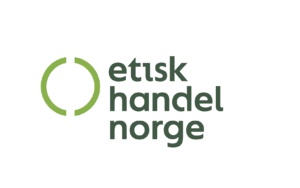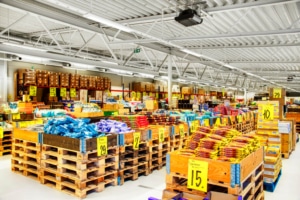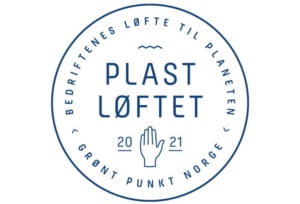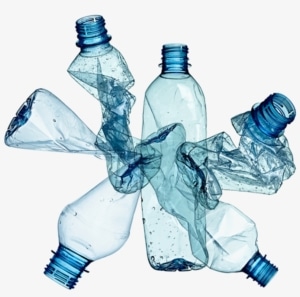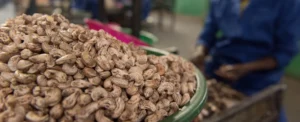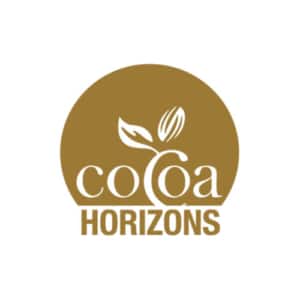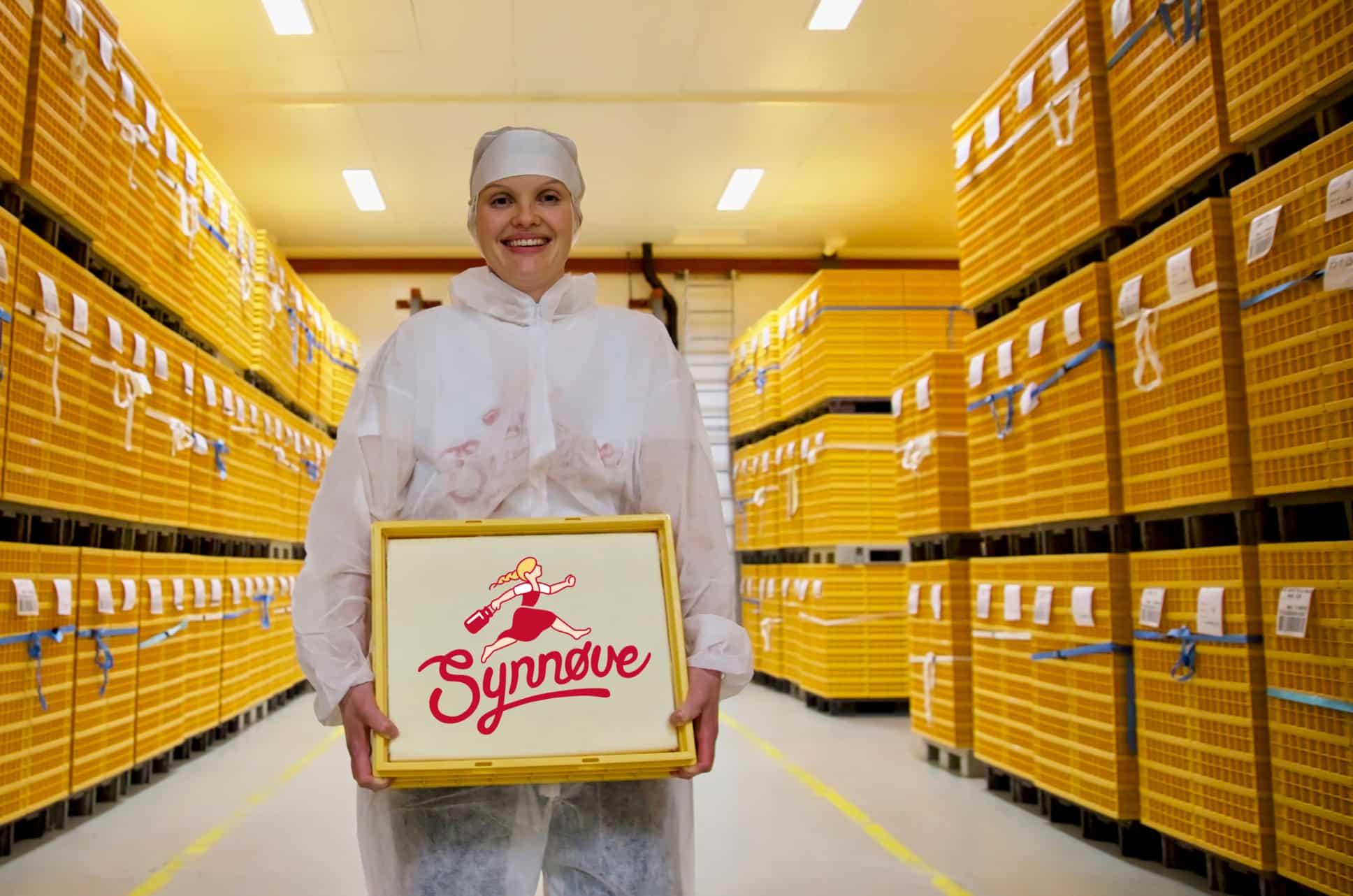
Scandza seeks to conduct our business in a manner that allows us to be proud to serve our kids. We are committed to ensuring a way of working that reduces risks to people and the environment along our value chain. At the same time, changes related to sustainability and the environment, such as climate change, regulatory changes, and transitional risks, represent risks that affect Scandza and are something that we need to continuously work to assess and address.
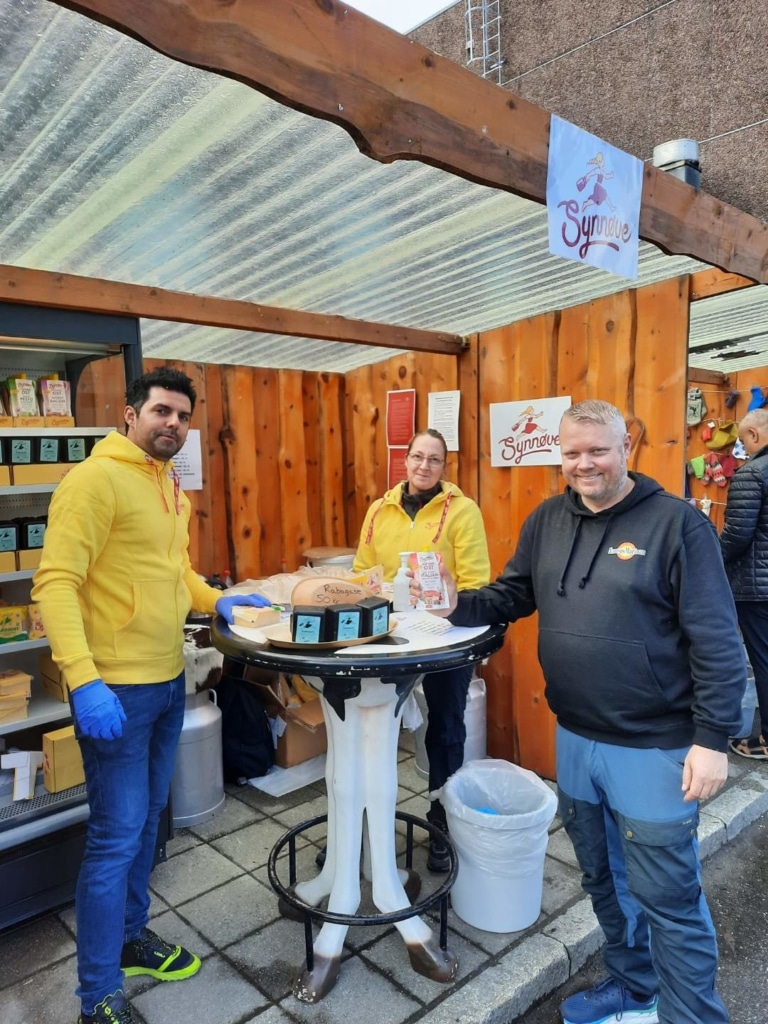
Responsible business conduct
In 2021, the Transparency Act was passed in Norway with effect from 1 July 2022. Central to the Transparency Act are the OECD’s guidelines for multinational companies. These guidelines form the basis for authorities’ expectations of business activities and conduct. They also underpin the minimum social safeguards measures in the EU Taxonomy Regulation, approved by the EU Commission in 2018 and applied to large, listed companies from 1 January 2022. Due diligence on responsible business conduct defines the method for mapping how the company affects people and the environment, and for implementation and follow-up of measures and communication with stakeholders. This method is used as a basis for Scandza’s work with ESG.
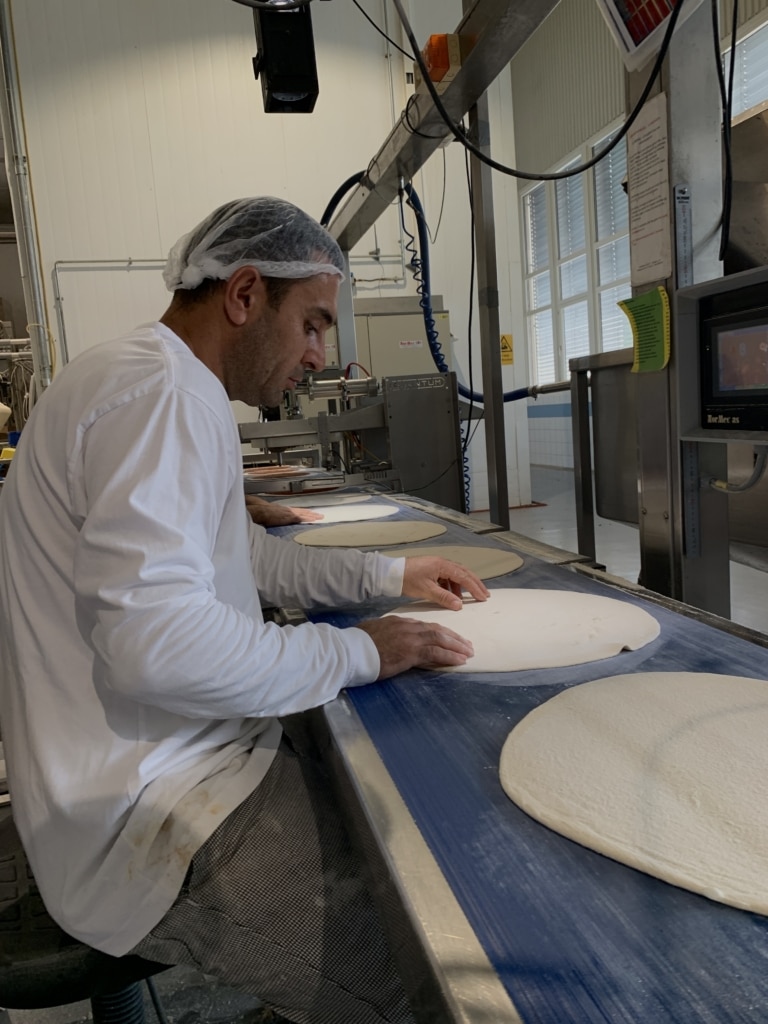
Product quality
Our attention to food safety and quality gives us the licence to operate. Traceability and accurate product information are key priorities for Scandza.
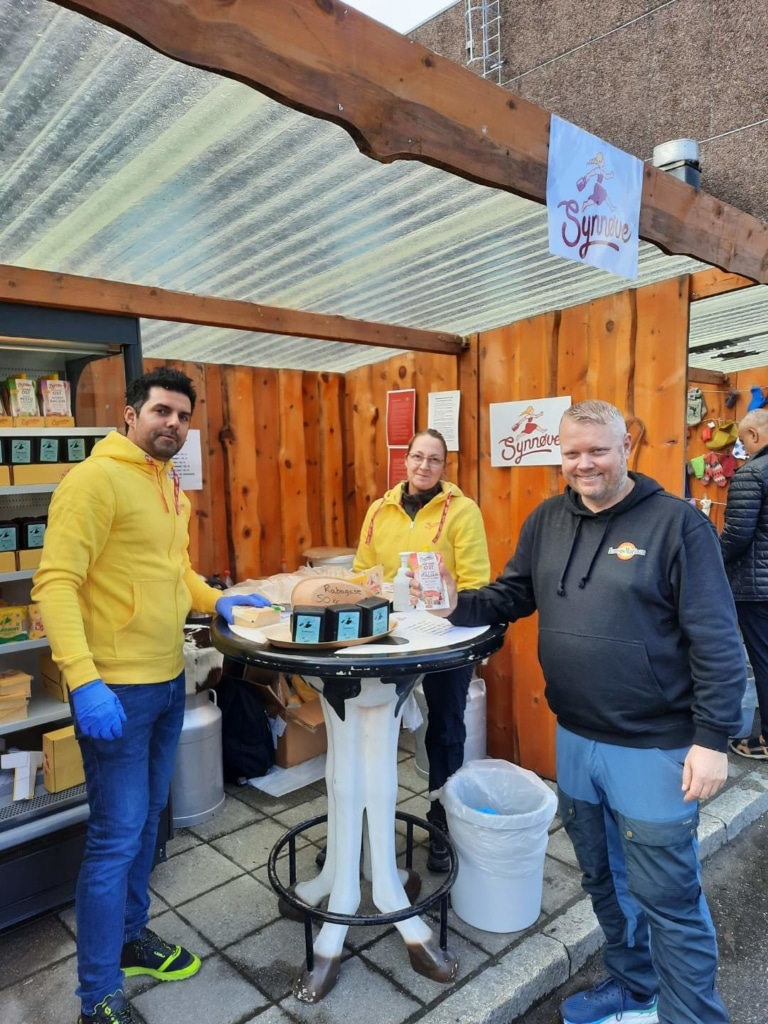
Being a respected market participant
Business ethics are the principles that guide how we create value and make our day-to-day business decisions. Our aim is to run our operations in a transparent manner that honours our commitment to fair competition.
Scandza Policy on Palm Oil
- Scandza supports the principles of the Roundtable on Sustainable Palm Oil (RSPO), and RSPO efforts to encourage and certify sustainable palm oil.
- Scandza recognizes RSPO certification as the only established and stable organisation and standard for sustainable palm oil.
- All use of palm oil in Scandza is certified sustainable palm oil approved by the Scandza Management.
- As a member of the Roundtable on Sustainable Palm Oil (RSPO), we are encouraging our industry partners and other actual partners to adopt the RSPO standard.
